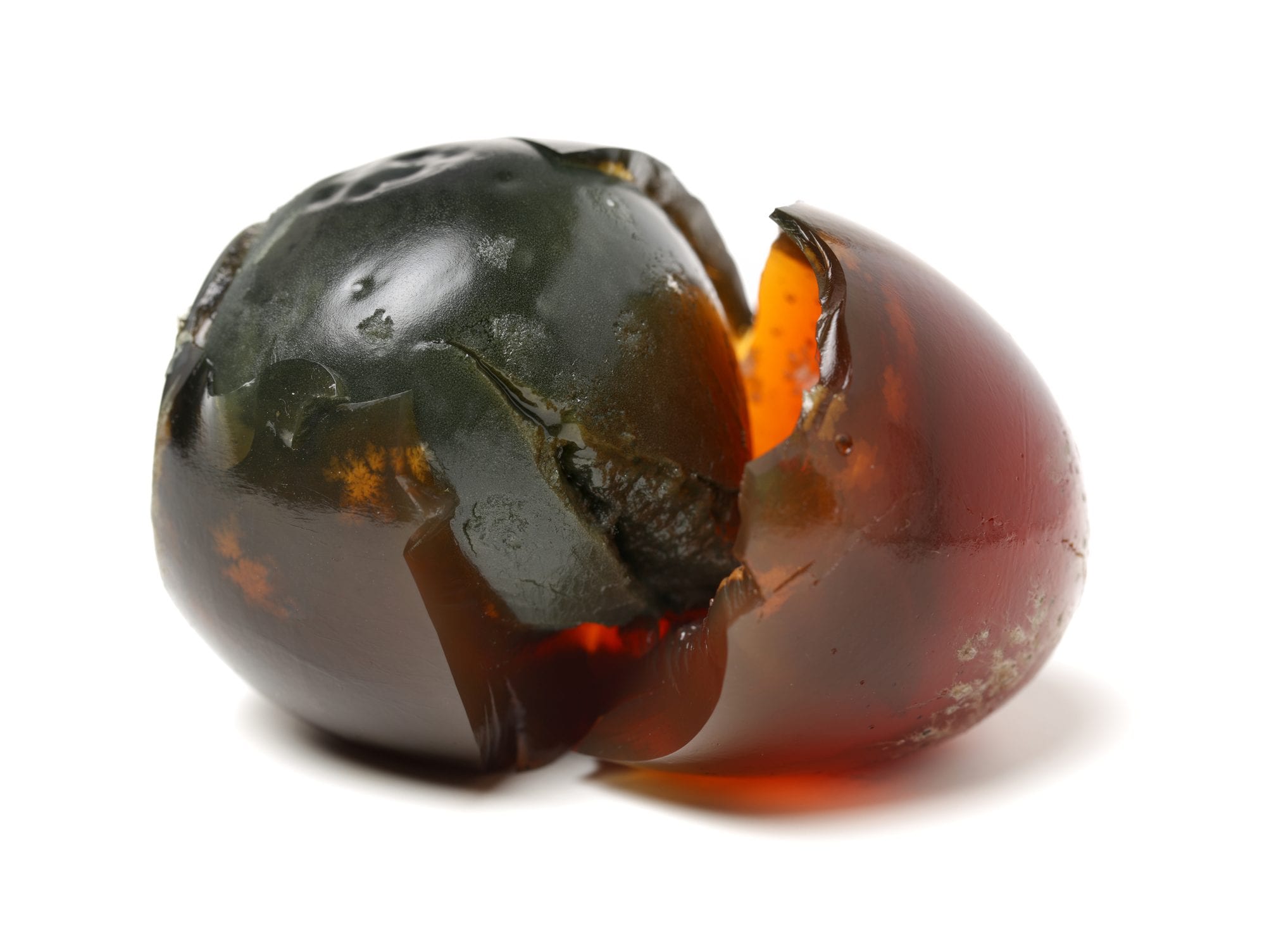
Unraveling the Mystery: Century Egg Culinary Delights
The History Behind Century Eggs
Century eggs, also known as thousand-year-old eggs or preserved eggs, are a fascinating delicacy with a history dating back centuries. Contrary to their name, century eggs are not actually aged for a hundred years. They originated in China, where they were traditionally made by preserving duck, chicken, or quail eggs in a mixture of clay, ash, salt, quicklime, and rice hulls for several weeks to several months. This unique preservation process results in their distinctive taste, aroma, and appearance.
The Unique Preservation Process
The process of making century eggs involves burying the eggs in a mixture of clay, ash, salt, quicklime, and rice hulls for a period ranging from several weeks to several months. During this time, chemical reactions occur within the egg, causing the proteins and fats to break down and undergo transformation. The alkaline environment of the preserving mixture raises the pH of the egg, which alters its texture, color, and flavor. This preservation method gives century eggs their characteristic translucent, amber-colored egg white and creamy, greenish-black yolk.
Flavor Profile and Culinary Uses
Century eggs have a bold and complex flavor profile that is both savory and slightly tangy. The yolk is rich, creamy, and custard-like, with a distinct umami taste, while the egg white has a jelly-like texture and a subtle, earthy flavor. These unique characteristics make century eggs a versatile ingredient in Chinese cuisine, where they are used in a variety of dishes such as congee, stir-fries, salads, and dumplings. Century eggs can also be enjoyed on their own, sliced thinly and served as a delicacy or appetizer.
Cultural Significance
In addition to their culinary uses, century eggs hold cultural significance in Chinese cuisine and are often associated with symbolism and superstition. They are traditionally served during special occasions such as weddings, birthdays, and festivals as a symbol of longevity, prosperity, and good fortune. Century eggs are also believed to have medicinal properties and are sometimes used in traditional Chinese medicine to treat various ailments.
Modern Interpretations and Global Appeal
While century eggs have a long history in Chinese cuisine, they have gained popularity and recognition worldwide in recent years. Chefs and food enthusiasts around the globe have embraced century eggs for their unique flavor and texture, incorporating them into fusion dishes and innovative culinary creations. Century eggs can now be found in specialty Asian markets, gourmet food stores, and upscale restaurants in many countries, appealing to adventurous eaters and culinary connoisseurs alike.
The Debate Surrounding Century Eggs
Despite their popularity, century eggs can be a polarizing food due to their strong aroma, unusual appearance, and acquired taste. Some people are put off by the thought of eating eggs that have been preserved for weeks or months, while others are intrigued by the idea of trying something new and exotic. The debate surrounding century eggs often centers on cultural perceptions of food and the willingness to step outside one’s culinary comfort zone.
Exploring Century Eggs: A Culinary Adventure
In conclusion, century eggs are a fascinating culinary delicacy with a rich history, unique preservation process, and diverse range of culinary uses. Whether enjoyed as a traditional Chinese dish or incorporated into modern fusion cuisine, century eggs continue to captivate the taste buds of food enthusiasts around the world. So why not embark on a culinary adventure and experience the bold flavors and cultural heritage of century eggs for yourself? Read more about century egg
